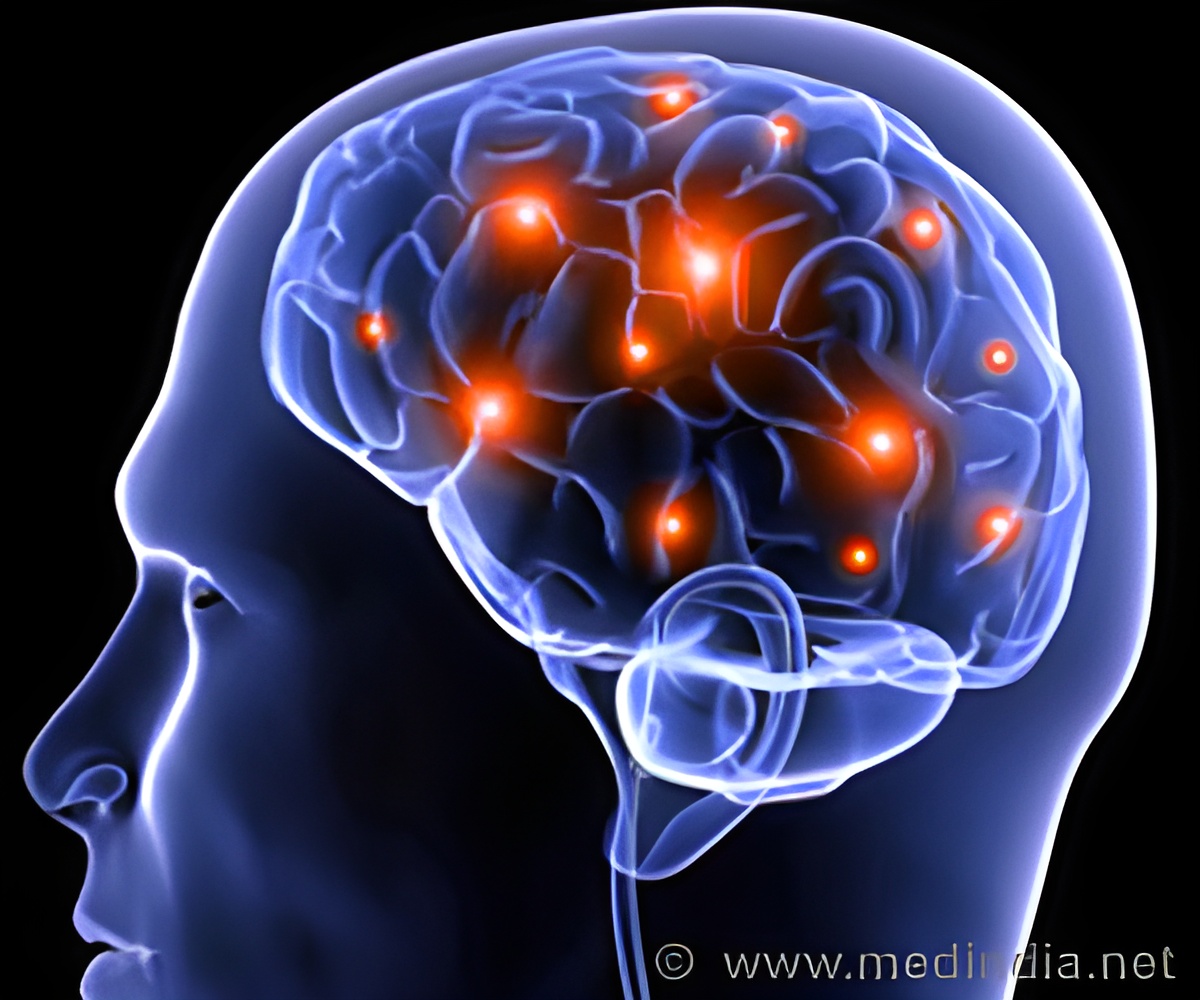Important molecular change occurring in the brain when we learn and remember have been identified by researchers.

This biochemical modification is essential in producing the changes in brain cell connectivity associated with learning, the study finds.
In animal models, the scientists found almost twice the amount of modified delta-catenin in the brain after learning about new environments. While delta-catenin has previously been linked to learning, this study is the first to describe the protein's role in the molecular mechanism behind memory formation.
Co-author Shernaz Bamji, an associate professor in UBC's Life Sciences Institute, said that more work is needed, but this discovery gives us a much better understanding of the tools our brains use to learn and remember, and provides insight into how these processes become disrupted in neurological diseases.
Stefano Brigidi, first author of the article and a PhD candidate Bamji's laboratory, said that when they introduced a mutation that blocked the biochemical modification that occurs in healthy subjects, they abolished the structural changes in brain's cells that are known to be important for memory formation.
The study has been published in journal Nature Neuroscience.
Advertisement













